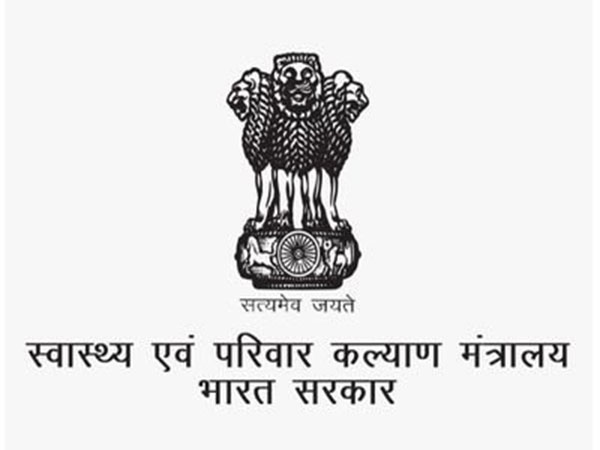India Achieves Milestone in Family Planning with TFR at 2.0
India has reached a Total Fertility Rate of 2.0, as per NFHS-5, aligning with national health policies. Measures include expanded contraceptive options, awareness initiatives, and state-specific plans. Efforts like Mission Parivar Vikas target high-focus regions, enhancing access to family planning services and ensuring effective population control.

- Country:
- India
In a landmark achievement, India has attained a Total Fertility Rate (TFR) of 2.0, according to the National Family Health Survey-5 (NFHS-5) conducted from 2019 to 2021. Union Minister of State, Anupriya Patel, highlighted this development in the Lok Sabha, underscoring its alignment with the National Population Policy 2000 and the National Health Policy 2017, which aimed for a TFR of 2.1.
The government has been actively pursuing the goal of maintaining replacement levels of fertility across different regions. This involves raising awareness about the timing and spacing of pregnancies, ensuring the availability of family planning services, and approving state-specific budget proposals under the Programme Implementation Plan (PIP). Regular reviews through various committees and surveys ensure continuous oversight of the National Family Planning Programme.
Comprehensive measures have been adopted to bolster family planning and population control across the nation. The introduction of expanded contraceptive options, including the Injectable contraceptive MPA under the Antara Programme and Centchroman under the Chhaya initiative, alongside traditional methods, marks significant progress. Mission Parivar Vikas targets seven high-focus states and six North-Eastern states to enhance accessibility to contraceptives.
Additionally, the government provides compensation for sterilization acceptors and offers post-pregnancy contraceptive solutions. Yearly campaigns such as the 'World Population Day Campaign' and 'Vasectomy Fortnight' are instrumental in driving awareness. Accredited Social Health Activists (ASHAs) facilitate home delivery of contraceptives, and a Family Planning Logistics Management Information System (FP-LMIS) manages commodities efficiently at all health facility levels.
(With inputs from agencies.)










